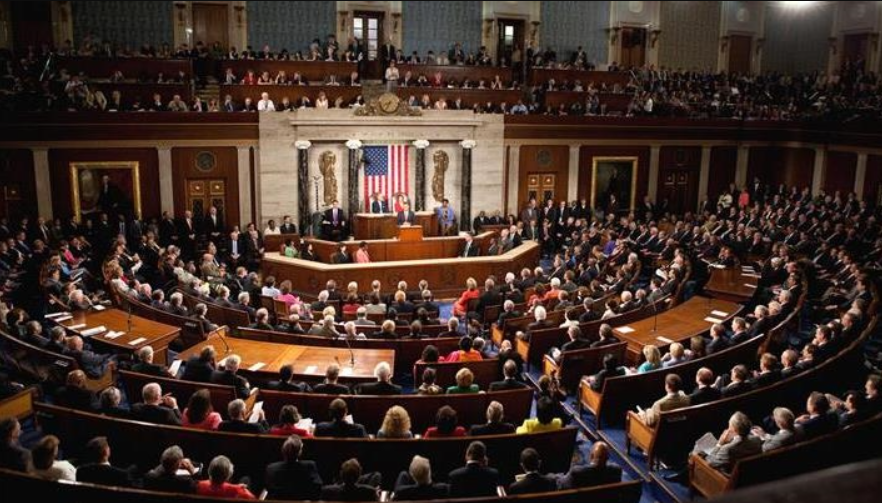- The U.S. Senate advanced the GENIUS Act with a 68-30 vote, bringing stablecoin legislation closer to a full vote.
- Senate Majority Leader Thune framed the bill as a path to making the U.S. the “crypto capital of the world.”
- Senator Warren criticized the bill as a vehicle for corruption, citing Trump’s crypto ventures and alleged political favoritism.
In a 68-30 vote, the U.S. Senate advanced the GENIUS Act—short for Guiding and Establishing National Innovation for US Stablecoins—paving the way for full debate on the floor and a potential vote to move it forward to the House. The bill, introduced more than a month ago, has quickly gained traction as lawmakers push to solidify the country’s leadership in digital assets.
Senate Majority Leader John Thune backed the bill, echoing President Trump’s rhetoric that the legislation would help establish the United States as the “crypto capital of the world.” According to Thune, “We want to bring cryptocurrency into the mainstream, and the GENIUS Act will help us do that.” He also hinted at future legislation, referencing the CLARITY Act—a separate digital market framework bill now under House review.
Warren Slams GENIUS Act, Cites Corruption Concerns
But not everyone is cheering. Senator Elizabeth Warren voiced sharp opposition, accusing Congress of sidestepping key bipartisan amendments. Her biggest concern? Former President Trump’s growing crypto influence. Warren pointed to his involvement in World Liberty Financial, a crypto platform allegedly used to reward memecoin holders with high-level perks like tariff exemptions and political access.
“By passing the GENIUS Act, the Senate is not only about to bless this corruption, but to actively facilitate its expansion,” Warren warned.

With the bill now cleared for debate, both sides of the aisle are bracing for a high-stakes showdown that could reshape how stablecoins and crypto are regulated—and politically weaponized—in the U.S.














